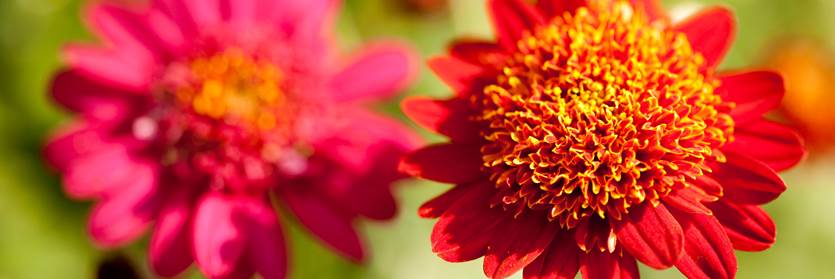NYBG Scientists Help Lycophyte Genome See the Limelight
Posted in Science on May 11 2011, by Amy Litt
Three Garden scientists participated in an international collaboration that sequenced the genome of the lycophyte Selaginella moellendorffii. Lycophytes, known as ground pines or club mosses, are an ancient lineage of vascular plants with small, scale-like leaves that lack the ability to make seeds but produce copious spores. They represent an intermediate evolutionary stage between mosses, which do not have conducting and support (vascular) tissue, and plants such as conifers or flowering plants, which have vascular tissue and complex leaves and protect their embryo in seeds. The genome project was undertaken to see what clues might lie in the DNA to the increasing adaptation of plants to land and the increasing complexity that came along with it. The results were published last Friday in the prestigious journal Science.
Dr. Amy Litt, Director of Plant Genomics and Cullman Curator, Dr. Barbara Ambrose, Cullman Curator and member of the Genomics Program, and Dr. Ken Karol, of the Lewis B. and Dorothy Cullman Program in Molecular Systematics, were part of a group of scientists that identified and described the genes of this important species. Pinpointing the location and sequence of specific types of genes in the genome allowed them to compare the genes of Selaginella with the genes of other plant species that have had their genome sequenced, which include algae, a moss, and several flowering plants. The group, led by Dr. Jody Banks at Purdue, found that some genes are present only in flowering plants and not in the moss or Selaginella; these genes might be needed for the development of flowers and fruits, which are only found in flowering plants. Other genes are found in Selaginella and flowering plants but not in the moss, and these probably function in the increased adaptation to land shown by vascular plants in contrast to mosses.
Dr. Ambrose is now studying some of these genes in more depth in the Pfizer Lab, focusing on a group that is known to control important developmental processes in flowering plants. We think that changes in these genes may have played crucial roles in land plant evolution, perhaps underlying the evolution of key adaptive features, so it will be very exciting to find out what these genes do in Selaginella.






